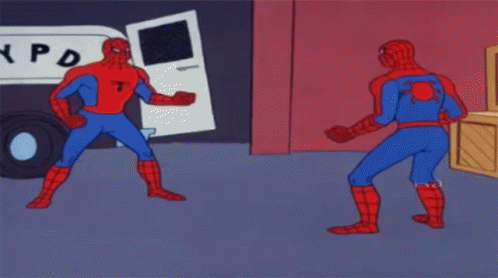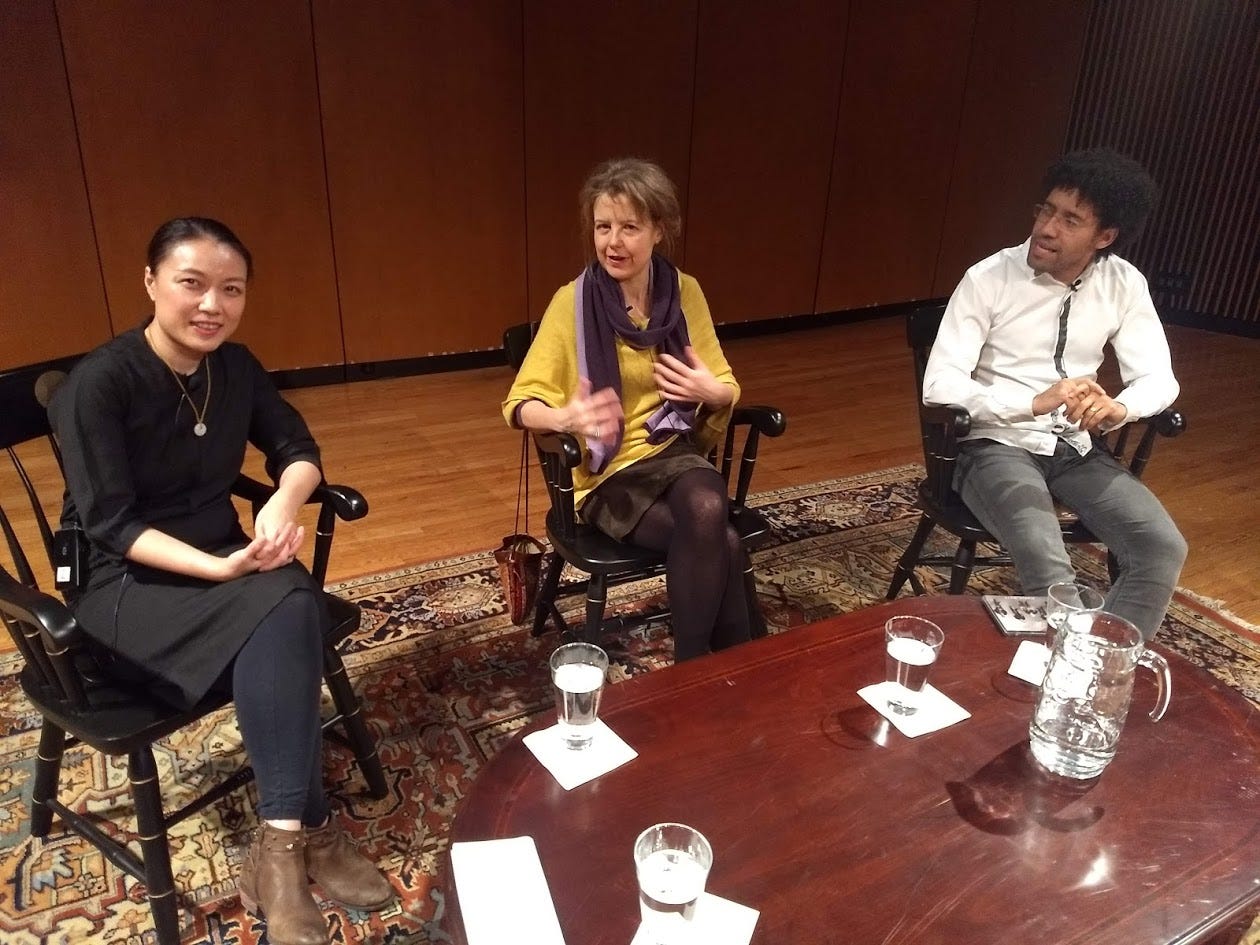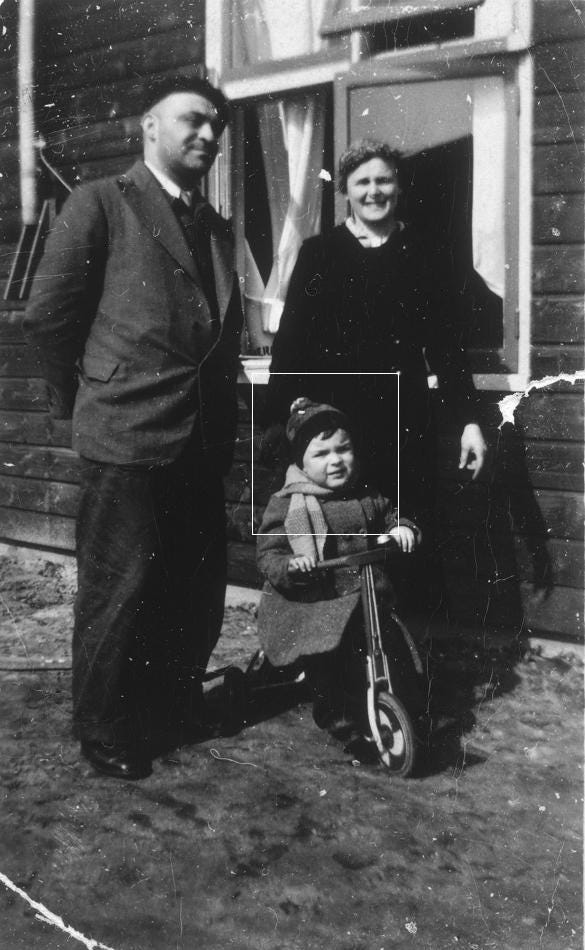“I don’t know how you tell the kids in the 300 youth orchestras in Venezuela that they are pillars of white supremacy. Or the five professional orchestras in Mexico City that they are pillars of white supremacy.” — Jesse Rosen (CEO, League of American Orchestras) ACF Racial Equity & Inclusion Forum, 7 Sep 2019 (excerpt @ ~07:51:00)

Anyone else remember that? How could I forget?


I’m digging up this exchange because my colleague Joy Calico and I recently hosted a two-day workshop at Vanderbilt on the global reach of Western classical music. With a diverse set of experts reflecting on the topic, the workshop immediately demonstrated why Rosen’s remarks struck me as specious: He created a glaring false equivalence.

A predominantly white institution performing Beethoven in Chicago or New York is not the same thing as a local organization performing Beethoven elsewhere—Caracas, Mexico City, Lagos, or Tokyo. (Chicago and New York aren’t equivalent, either!) The institutional motivations, to say nothing of the individual participants, are different.
Understanding different perspectives requires acknowledging that “my point of view is not your point of view. How you see this thing may not be how I see this thing.”
This acknowledgement flies in the face of the universalist ideals that have underpinned Western classical music for over two centuries. If musical experience is universal, the argument goes, then its meaning is fixed across time and space. Hence Rosen’s ill-advised insistence that the music of Mozart, Beethoven, Chopin, or Tchaikovsky shouldn’t be understood as “complicit in white supremacy” since these composers were “immersed” in the politics of their time—as if their music’s meaning lies only in the score or arose at some point in the past, rather than within the social relationships arising from musical activity right now. Context matters.
These messy entanglements formed the basis of our discussions at the workshop.

The Roundtable
[NB: Flashing GIF below]
The workshop began with a public conversation between three extraordinary musicians and thinkers. (I had the pleasure of moderating.)
Participants (left to right in photo):
Wu Fei 吴非 (Nashville, TN)*
Dr. Rachel Beckles Willson (SOAS, London)
Rafael Payare (San Diego Symphony)
(*Wu is her surname, but she expressed equal preference for Wu or Fei in this piece.)

We opened by exploring the old saw that “classical music is dying.” Are audiences disappearing? Are composers not writing anymore? Do we have ossified legacy institutions?
As I wrote in the last issue of this newsletter, Aubrey Bergauer told us how she’s addressing all shades of this narrative with interventions designed to retain audiences over the long term, cultivate new compositions, and transform institutions from the inside out. What else is happening around the world?
Payare explained that audiences in Venezuela tend to be young and enthusiastic because tickets are often free—a situation that bodes well for the “vitality” of Western classical music there.
Fei agreed that the idea of classical music “dying” is completely foreign in China since tens of millions of children study piano (or other Western instruments) throughout the country’s larger cities.
These comments got me thinking about the importance of access. Beckles Willson later raised the point that the art form—the very idea of a “classical music” in the West—is difficult to separate from its origins as a tool for establishing class boundaries within the structures of global capitalism. In a sense, the institutions of classical music were constructed precisely to inhibit access.
My takeaway was that the demand for Western classical performances shouldn’t be the sole or even primary measure of the industry’s “health.” These performances always occur within politicized international marketplaces for labor, materials, and education that heavily shape the art’s ethical contours.

To address the pervasive idea that Western classical musicians “speak a universal language,” I asked if anyone had experienced a notable failure in cross-cultural musical communication.
Beckles Willson told a story about a community engagement event in the West Bank where a group of university students laughed hysterically at a Western-style opera singer because they perceived bel canto vocal technique as “unnatural.” This rift would obviously cut into any efforts to use Western opera as a medium for cultural diplomacy in that local context.
After digesting a few other topics, we concluded with reflections on how U.S. music students might be better global citizens in an age rife with political turmoil.
Payare pointed out that although music is a beautiful aspect of our world, it’s not everything. Taking the time to be kind to others—to be better human beings—is what matters most.
Beckles Willson felt reluctant to give advice but approached her answer through the lens of privilege. She explained that she had once worked with a Persian musician who was afraid to appear on Western television for fear of severe political reprisal at home. “Use the stage and your art to be subversive” if you need to, she said. Her implication: “Because Americans can.”
Fei said enthusiastically, “Learn another language!” and encouraged students to explore musical traditions outside their own because these are great ways to learn about other cultures and ultimately to develop empathy.

Following the discussion, a faculty member asked how the trio felt about “cultural appropriation.” Fei said that she loves when other people learn about the music of her culture and that she embraces cross-cultural learning for that reason.
Beckles Willson responded that the core issue in multicultural encounters is power—who has it, how it’s used, and for what purpose. An injustice arises in what she called a “model of extraction,” when creators from a dominant culture take from others without acknowledging their sources and generously sharing the returns of their labor—a crucial point vocalist and artist Tanya Tagaq also expressed publicly last fall.

The injustice is especially acute when the taker strips the appropriated material of its original cultural resonances. Beckles Willson added that “models of collaboration” are far more ethical—a topic composer Brent Michael Davids has explored in depth.
The Concert
Later that evening, Nashville-based experimental chamber ensemble chatterbird performed excerpts from Wu Fei’s Hello Gold Mountain (2019), a tour de force of individual and collective improvisation.
Fei describes Hello Gold Mountain as a “requiem for lost possibilities of the Jewish community of Shanghai.” It’s easy to see (and hear) why.
During the 1930s and 1940s, thousands of European Jewish refugees fleeing the Holocaust settled in Shanghai, one of few cities in the world to accept them after most international powers refused entry. Here’s the New York Times from 1939:

(You might recall that the United States also closed its doors to these refugees.)


But Shanghai’s Jewish residents were far from safe in this new space. China had been in the midst of a civil war since the late 1920s and faced external threats from Imperial Japan that escalated into all-out war in 1937. Japan—a Nazi ally—took control of Shanghai after bombing Pearl Harbor in 1941 and later segregated Jewish residents to a “Restricted Sector for Stateless Refugees.”
Though living conditions were often poor, this area of the city became a hub of Western classical music-making as well as cross-cultural musical exchange.
Meanwhile, the United States, which had improved relations with China to aid resistance against Japan, led daily air raids over the city beginning in 1944 and accidentally hit the sector on July 17, 1945. From an eyewitness account:

After the U.S. atomic assault on Japan, both sides of the Chinese civil war resumed conflict in earnest, leading many Jewish residents to flee again. Remaining residents were forced to leave when the communist People’s Liberation Army took control of the city in 1949. Many of these refugees settled in San Francisco, or “Gold Mountain,” especially after a 1952 law eased Asian immigration restrictions into the United States (though this law was still deeply discriminatory).
Fei’s composition is an extraordinary musical reflection on this complex slice of global history—a tale of hope and loss whose depth I can’t describe adequately in this small space. Featuring virtuosic solo passages for guzheng (Fei’s instrument) and oud (originally performed by Shanir Ezra Blumenkranz), it moves from narrative collective improvisations to imaginative constructions of music that might have emerged had Jewish refugees continued to live in Shanghai. The improvisational depiction of the air raid is one of the most intense and frightening musical experiences I’ve ever had.
To be continued…
In Part II of “It’s a Matter of Perspective,” I describe the second day of the workshop and explain why it got me thinking about the incident at the top. To be frank, I left the workshop lamenting the embarrassingly low baseline of discourse in the U.S. classical music industry. This baseline is weighed down by those who insist on the neutrality of classical music and its institutions despite mountains of evidence to the contrary. It’s shameful—despicable, really—that so many people, including powerful leaders in the industry, willfully ignore the perspectives that repeatedly bring this evidence to light.
If you are reading this newsletter for the first time, please subscribe to receive Part II in your inbox.
Thanks to Wu Fei for clarifying aspects of Chinese history in the Hello Gold Mountain story (any mistakes are mine) and to Joy Calico for helping me flesh out key concepts.
Music City Spotlight: If you are in or around New York City on February 29, check out Nashville-based composer-pianist Cristina Spinei’s album release show at National Sawdust! (It’s also her 9th birthday!)
Content fueled by Badbeard’s Microroastery (Portland, OR).



